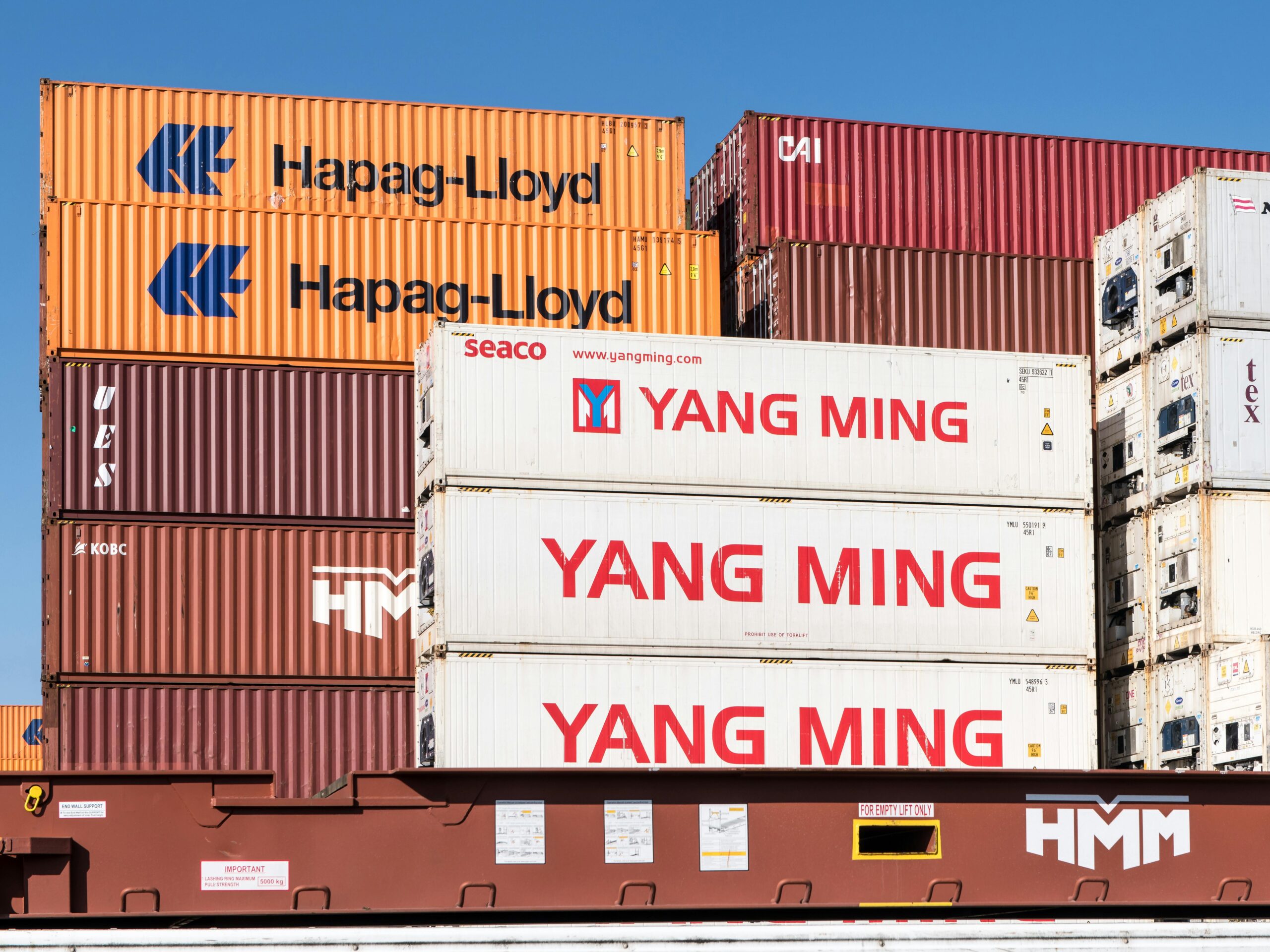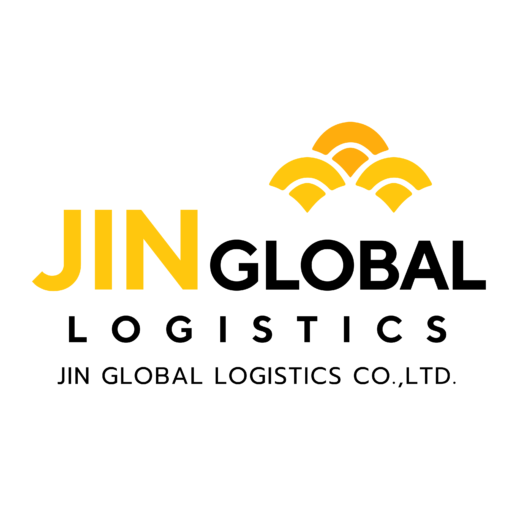Incoterms: The Most Common Mistakes in Logistics Planning
In international trade, clear responsibilities between buyers and sellers are critical to avoid delays and disputes. Incoterms (International Commercial Terms), published by the ICC, define these obligations across shipping, insurance, and customs. Yet many businesses still misuse them, leading to costly mistakes. This article highlights the most common errors in logistics planning and explains how to apply Incoterms correctly for smoother global operations
”Get
What Are Incoterms and Why Do They Matter?
Incoterms (International Commercial Terms) are a set of globally recognized rules published by the International Chamber of Commerce (ICC). First introduced in 1936 and most recently updated in 2020, they provide a universal framework for defining the responsibilities of buyers and sellers in international trade.
Incoterms outline had three key elements:
-
Costs – Who pays for transport, insurance, and customs duties.
-
Risk – When responsibility for goods transfers from seller to buyer.
-
Obligations – Which party arranges shipping, documentation, and customs clearance.
The value of Incoterms lies in their ability to eliminate ambiguity. Without them, contracts may leave critical details unclear—leading to disputes, unexpected costs, or shipment delays. For example, knowing whether the seller or buyer arranges freight under FOB (Free on Board) or CFR (Cost and Freight) can dramatically affect total landed costs.
”Customize
Overview of All 11 Incoterms
Incoterms 2020, defines 11 trade terms that clarify responsibilities between buyer and seller. They are divided into two categories: those applicable to any mode of transport and those designed specifically for sea and inland waterway transport.

📌 For Any Mode of Transport:
-
EXW (Ex Works): Buyer takes responsibility at seller’s premises. This is the most reccommended for bulk buyer that need to save cost of your budget.
-
FCA (Free Carrier): Seller delivers goods to a carrier chosen by the buyer.
-
CPT (Carriage Paid To): Seller pays transport, but risk transfers once goods are handed to the carrier.
-
CIP (Carriage and Insurance Paid To): Similar to CPT, but seller also provides insurance.
-
DAP (Delivered at Place): Seller delivers to buyer’s location, excluding customs clearance.
-
DPU (Delivered at Place Unloaded): Seller covers transport and unloading.
-
DDP (Delivered Duty Paid): Seller bears all costs, including customs duties.

📌 For Sea and Inland Waterway Transport:
- FOB, FAS,CFR and CIF – commonly used for bulk shipments and containerized cargo also these are the most used between logistics terms

The Most Common Mistakes in Applying Incoterms
Despite their clarity, Incoterms are often misused, leading to financial losses and strained trade relationships. The most common mistakes include:
-
Using the wrong Incoterm for the mode of transport
Many companies apply FOB (Free on Board) for air shipments, even though it is only valid for sea transport. -
Confusing Incoterms with ownership transfer
Incoterms define risk and responsibility, not when ownership of goods changes—a common source of disputes. -
Underestimating hidden costs
Terms like DDP (Delivered Duty Paid) can surprise sellers, who must cover unexpected customs duties and taxes in the buyer’s country. -
Neglecting insurance obligations
Confusion between CIF (Cost, Insurance, Freight) and CIP (Carriage and Insurance Paid To) often results in inadequate coverage. -
Ignoring risk transfer points
Damage or loss in transit frequently sparks arguments when buyers and sellers misunderstand who carried the risk at the time.
Interesting Article

Conclusion
Choosing the right Incoterm is more than a contractual detail—it directly shapes costs, risks, and responsibilities in global trade. Misuse often leads to delays, disputes, or hidden expenses, while correct application ensures smoother logistics and stronger partnerships.
At JIN GLOBAL LOGISTICS, we provide end-to-end logistics solutions covering freight forwarding, shipping, and cargo services. From origin to destination, our team ensures seamless delivery with full compliance and efficiency. If you’re looking for reliable FCL/LCL cross-border services,







